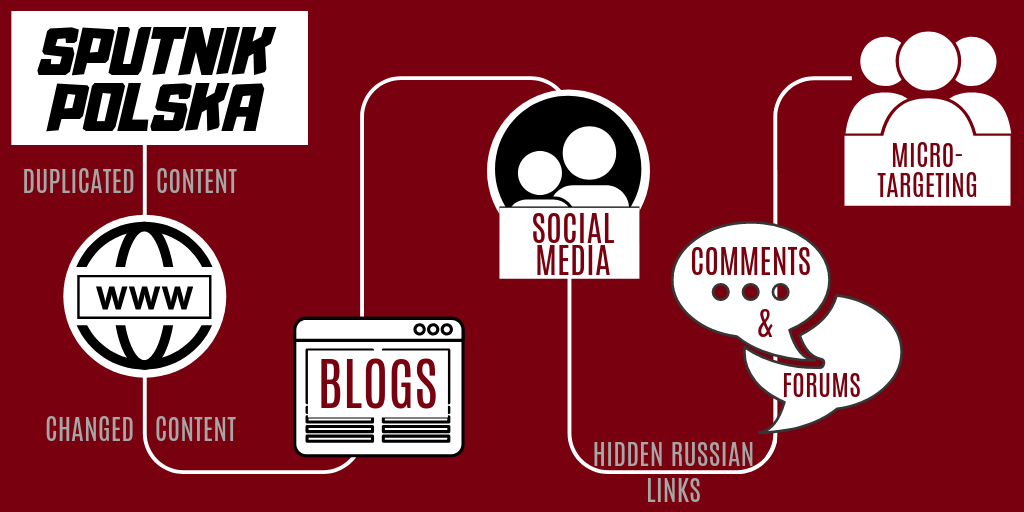On May 9, Ukraine’s permanent delegation to the United Nations held a side event at the 40th Session of the UN Committee on Information Security dedicated to propaganda and fake news. It was attended not only by Ukrainian journalists but Ukrainian female veterans who starred in the documentary “Invisible Battalion” illuminating the role of women in the Ukrainian military who combat the ongoing Russian aggression in eastern Ukraine.
Andriana Susak, who was once an interpreter and designer, but volunteered to become a shocktrooper in 2014 to protect her homeland from Russian occupation, and who later became one of the heroines of the “Invisible Battalion,” addressed the Russian delegation and those present at the session with the following message:
“I am a Ukrainian veteran of the war against Russian occupation and I saw the results of your (Russia’s) politics, your ‘truth’ and information war. As a shocktrooper, and my sister-in-arms here, who is a Russian-speaking sniper in the Ukrainian armed forces, we want to say: we do not need your (Russian military) ‘support’ and ‘protection.’ The population of the Donbas does not need your ‘protection.’ As for propaganda, in 2014, in the Donbas, they thought we came to eat their children. Now the people of the Donbas want the Armed Forces of the Russian Federation to return to the Russian Federation. The question is: when will you start ‘supporting’ Russians in the Russian Federation with your Russian propaganda?”
https://www.facebook.com/masher.berlinska/videos/2163203687038146/
Following the session, Mariya Berlinska, the director of the documentary, veteran and founder of one of the most successful military reconnaissance projects in Ukraine, confronted Maksim Buyakevych, one of the representatives of the Russian delegation invited to the event in the hallway. She asked him: “Please tell me, how does it feel to be murderers?” Buyakevych first evaded answering, and then replied: “I will not answer provocative questions from someone I don’t know.” Berlinska then clarified: “I am a Ukrainian soldier. Please answer my question. Why did you come to our land, Maksim? Why are you killing our people? You need to get out of Ukraine.” After, she says “Leave Ukraine, Maksim,” adding: “What? You don’t have enough courage to answer a soldier?” and “Soon you will leave. Very soon.”
https://www.facebook.com/masher.berlinska/videos/2163210780370770/
The next day, Russian MFA Spokeswoman Zakharova released a fake statement that “people in camouflage were running around the UN; they shouted, photographed Russian diplomats and threatened. It was about direct threats.” The alleged incident was reported both by the Lenta.ru website and the Russian state news agency TASS.
Later, Zakharova posted another statement pertaining to the situation, adding more fake details and making the alleged incident look more shocking.
As seen in the videos, though, neither of women threatened or had any physical contact with Buyakevych. Moreover, Berlinska noted on her Facebook page, that she was not dressed in camouflage, and in the video, she appears to be unaccompanied by the two female veterans who were also attending the event at the UNheadquarters.
We can see that Zakharova’s statements are patently false. However, the falsehoods don’t stop there. In a subsequent post on her fb page, Zakharova started accusing the Ukrainian delegation to the UN of misleading the participants by classifying the side event on propaganda and fake news as sponsored by the UN Committee on information. However, the invitation to the event suggests nothing of the sort. It carries only the logo of the Ukrainian delegation and clearly states that this is a side event which took place during the fortieth session of the UN Committee on information. Side events can’t be sponsored by a “fortieth session” of a committee.

The falsehoods propelled by Maria Zakharova have one purpose: to portray Ukraine as the “enemy,” the soldiers of which can’t even behave themselves in the UN. Judging by the comments on her facebook page, most Russians believed the Russian MFA spokeswoman’s narrative about the Russian diplomat as the victim, and the Ukrainians as the aggressors.
Quite fittingly, Ms. Zakharova gave the best illustration for the panel dedicated to propaganda and fake news. It is dangerous specifically because it creates an alternative reality for Russians, who perceive the rest of the world as enemies. In the case of Ukraine, this has led to outright war, as Russian mercenaries flock to Donbas driven by the hatred they feel towards Ukrainians as a result of small yet incendiary lies that add up, day by day.






